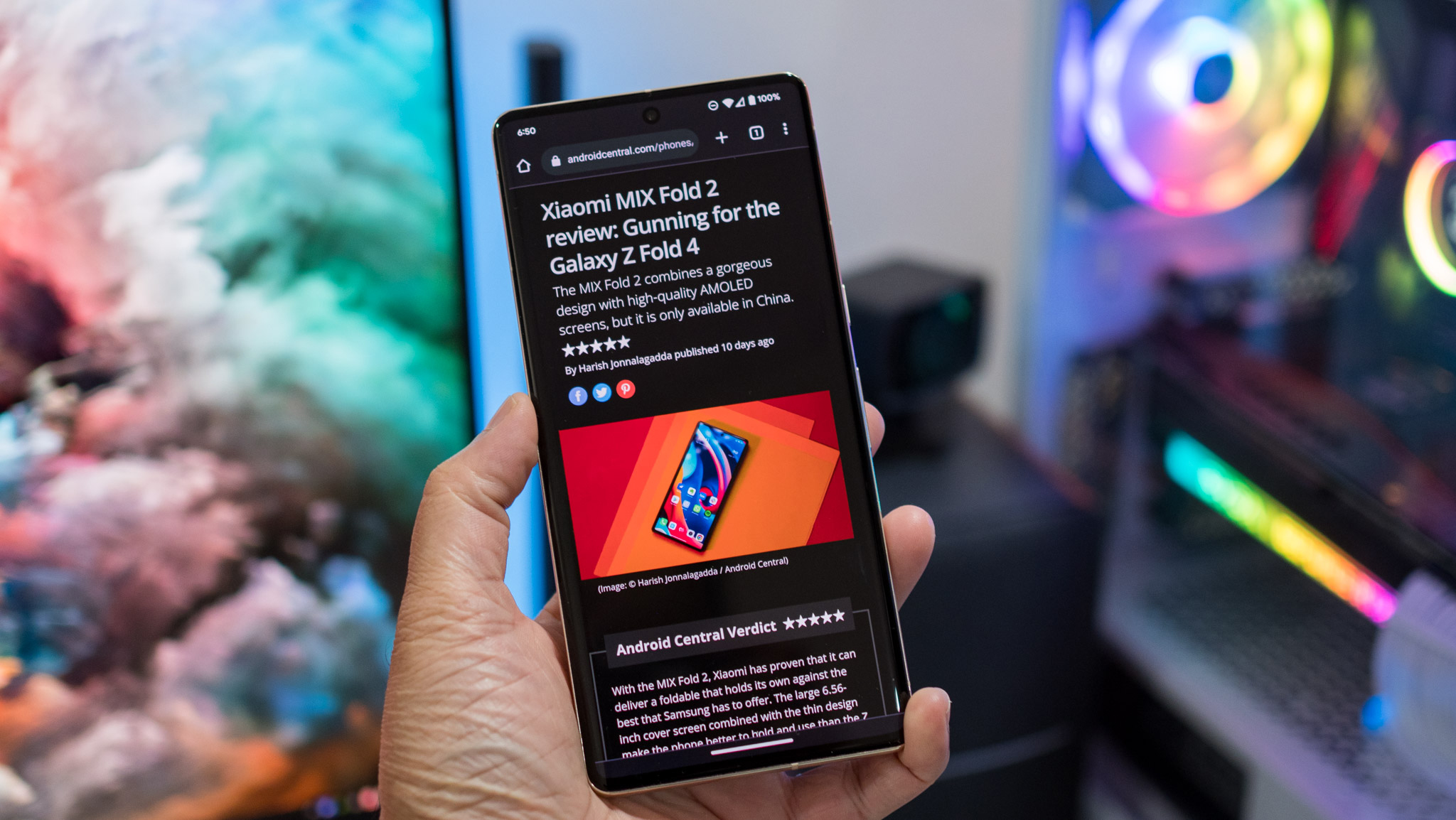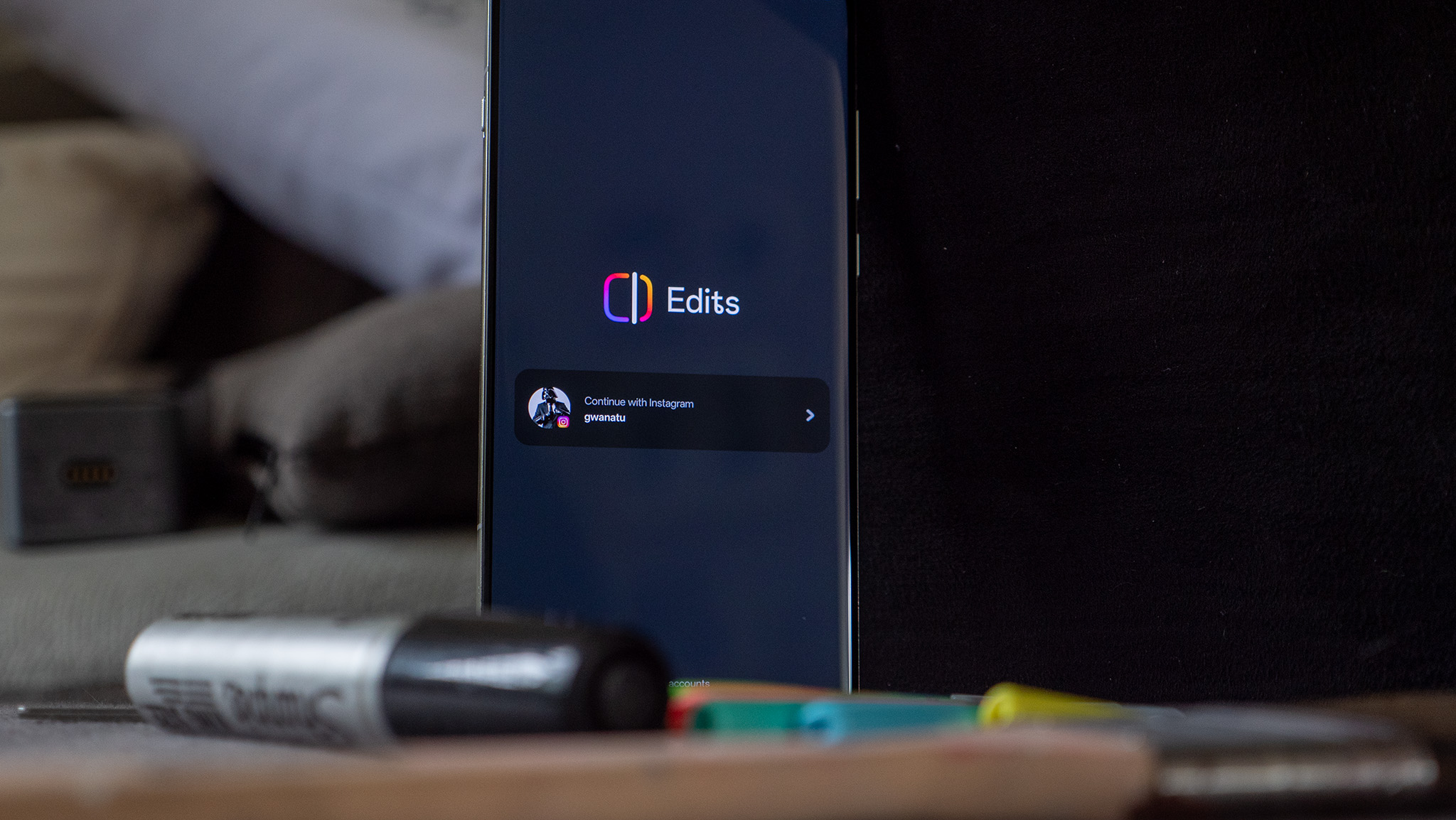Google Chrome VP says that Apple's browser engine plan is 'overly restrictive'
The company leader in charge of Chrome showed support for Mozilla in a post on X.

What you need to know
- Like other big tech companies, Apple announced its compliance plans for the European Union's Digital Markets Act, including support for third-party browsers and engines.
- However, the changes are limited to the EU, which drew criticism from companies like Mozilla.
- Now, Google's VP of Google Chrome has criticized Apple and voiced support for Mozilla in a post on X.
The European Union's landmark Digital Markets Act will take effect next month, and the biggest tech companies in the world are starting to announce their compliance plans. That includes both Google and Apple, but the latter has drawn criticism for the way that it has implemented DMA-compliant policies.
In fact, Google's own vice president and general manager of Google Chrome blasted Apple's approach to supporting third-party browsers and browser engines on iOS today.
The upcoming iOS 17.4 update will allow third-party browsers on the platform to use their own browser engine in the EU. Apple's own web browser, Safari, is powered by the WebKit browser engine. Previously, third-party browsers on iOS still had to use WebKit instead of their preferred browser engine.
That's changing, at least for customers in the EU. Now that third-party browsers can use their own engines, like Blink and Gecko, apps like Chrome, Edge, and Firefox have more control over how their browsers run.
The only problem is that due to the regional restrictions, browsers would essentially be forced to maintain two versions of their app. One with their custom browser engine in European Union countries and another with WebKit everywhere else. Companies like Mozilla — the brains behind Firefox — aren't happy with the changes, and neither is Google's head of Chrome.
"Apple isn't serious about supporting web browser or engine choice on iOS," said Parisa Tabriz, the vice president and general manager of Google Chrome, in a post on X. "Their strategy is overly restrictive, and won't meaningfully lead to real choice for browser developers."
Strong agree with @mozilla. @Apple isn’t serious about supporting web browser or engine choice on iOS. Their strategy is overly restrictive, and won’t meaningfully lead to real choice for browser developers. https://t.co/GBA8ucR7NUFebruary 2, 2024
The post echoes Mozilla's official position, which it conveyed to The Verge in a statement last week.
Be an expert in 5 minutes
Get the latest news from Android Central, your trusted companion in the world of Android
"We are still reviewing the technical details but are extremely disappointed with Apple's proposed plan to restrict the newly-announced BrowserEngineKit to EU-specific apps," said Mozilla spokesperson Damiano DeMonte. "The effect of this would be to force an independent browser like Firefox to build and maintain two separate browser implementations — a burden Apple themselves will not have to bear."
The leaders behind Mozilla Firefox and Google Chrome both have expressed disdain for Apple's policy. However, it remains to be seen whether either browser will integrate its own engine.
There's a lot we don't know about how the DMA will be enforced. Apple might be following the letter of the law, but it certainly isn't following the spirit of the law, which is to increase competition. Only time will tell whether the EU will accept Apple's policy or take more progressive action.

Brady is a tech journalist for Android Central, with a focus on news, phones, tablets, audio, wearables, and software. He has spent the last three years reporting and commenting on all things related to consumer technology for various publications. Brady graduated from St. John's University with a bachelor's degree in journalism. His work has been published in XDA, Android Police, Tech Advisor, iMore, Screen Rant, and Android Headlines. When he isn't experimenting with the latest tech, you can find Brady running or watching Big East basketball.
